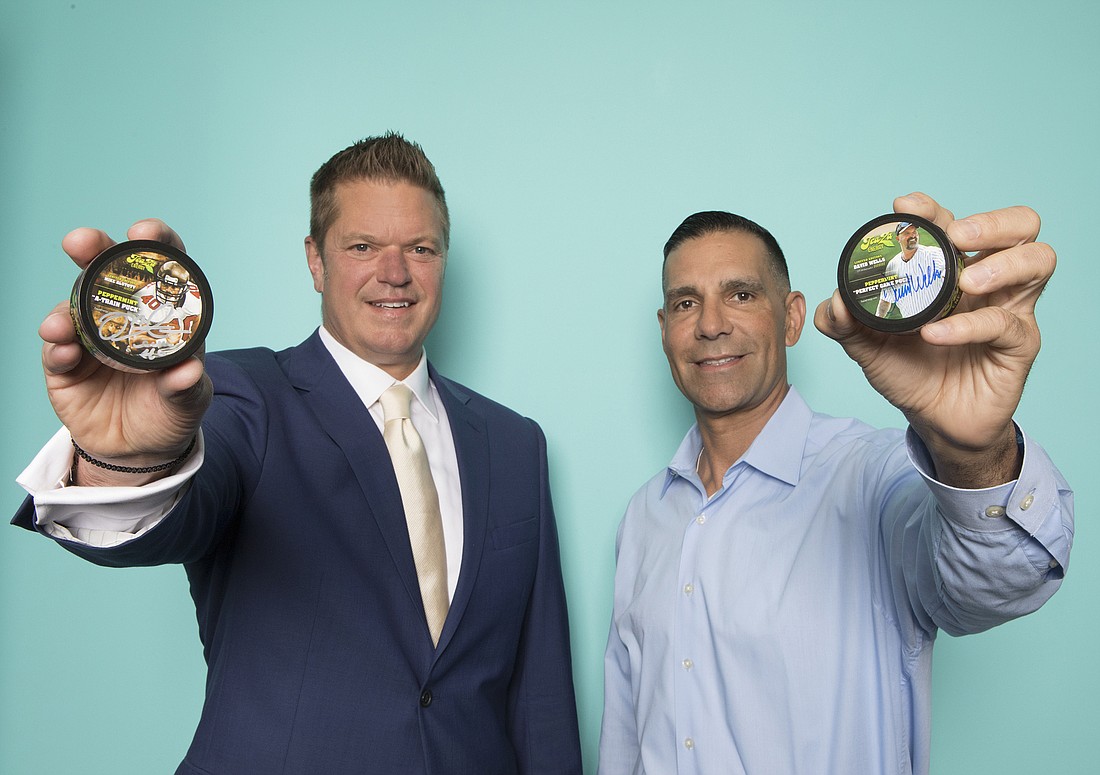- December 15, 2025
-
-
Loading

Loading

The ongoing search for an effective way to help people give up cigarettes and smokeless tobacco has been one of the great public health challenges of our time.
A pair of ambitious Clearwater entrepreneurs, after a few years of tinkering, now believe they have bit into a possible solution. Behind a company called TeaZa Energy, they plan to make big money from a product that not only helps tobacco users quit, but is good for their health and completely circumvents the gray area of e-cigarettes and vaping devices.